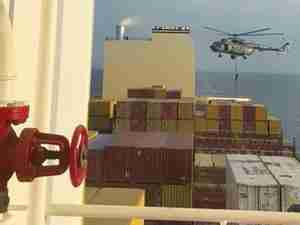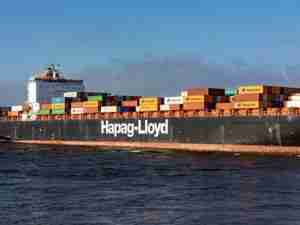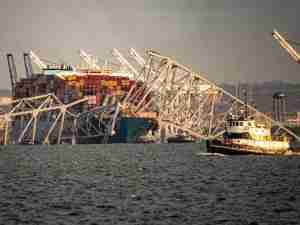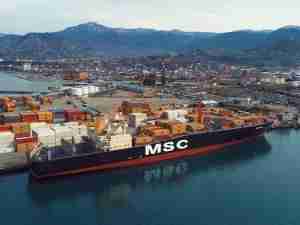We are writing to express our views about H.R.4899, the 'Sail Only if Scanned Act' (the 'SOS bill'), which we understand may be offered as an amendment to H.R. 4954 in Committee. H.R. 4899 would require every ocean shipping container to be 'scanned' in a foreign port 'before the container is loaded on the vessel for shipment to the United States.' The 'SOS bill' was proposed as an amendment in Subcommittee, where it was defeated. If it is offered again at full Committee, we hope that it will be defeated again.
If the 'SOS bill' became law, it would cripple American commerce and almost certainly cause significant conflict with foreign governments. The World Shipping Council testified and expressed its concerns with this bill at the Committee's April 4th hearing on H.R. 4954. The following is a more detailed explanation of what we perceive to be some of that bill's problems and adverse consequences.
Issue Background
Today Customs and Border Protection (CBP) 'screens' the cargo shipment data it receives on 100% of all import containers before vessel loading in a foreign port, and it performs a risk assessment on those containers. The CBP strategy is then to 'inspect' 100% of those containers that it determines are 'high risk' or otherwise worthy of review. They may be inspected overseas or in the US port, depending on various circumstances. CBP is also in the process of deploying radiation scanning equipment, with the objective of running almost all import containers through radiation detection equipment, at US ports of arrival. Today CBP estimates that 51% of the import containers are being scanned for radiation, with the objective of getting that number close to 100% by the end of 2007.
CBP thus 'screens' 100% of all containers before vessel loading, inspects all containers its targeting system identifies as high risk or otherwise deserving inspection (this constitutes about 5.5% of all incoming containers), and is in the process of installing radiation portal monitors that presently cover 51% of all inbound containers and should achieve radiation scanning on virtually all inbound containers in 2007.
Proponents of the 'SOS bill' argue that the Administration is inspecting only five percent of the containers, that this is inadequate, and that every container should to be 'scanned' or inspected before vessel loading. This bill would prohibit a container from being loaded onto a ship for the US unless this has occurred. The problems with the bill, however, are substantial.
Issue Analysis
The World Shipping Council and its member companies have consistently supported the efforts of the US Coast Guard, Customs and Border Protection, and Department of Homeland Security efforts to construct an effective, multi-layered maritime security strategy, including ship security, port security, personnel security, and perhaps the most challenging issue, cargo security. The Council has fully supported having the cargo security system apply to cargo before vessel loading in a foreign port under the '24 Hour Rule'.
The vision of being able to inspect containers before vessel loading at the foreign port is an attractive one, and one in which various sectors of the maritime industry (including the World Shipping Council and its member shipping lines and some major marine terminal operating companies), and Department of Homeland Security (DHS) officials, have shown interest and support.
The difficulty is not in embracing this as a desirable vision, but in the legislation's inflexible insistence that this be implemented for 100% of all containers, in a short time, its lack of clarity and failure to address fundamental issues related to implementation of the idea, and its mandatory sanction that, if not performed, trade with non-compliant foreign ports wil









